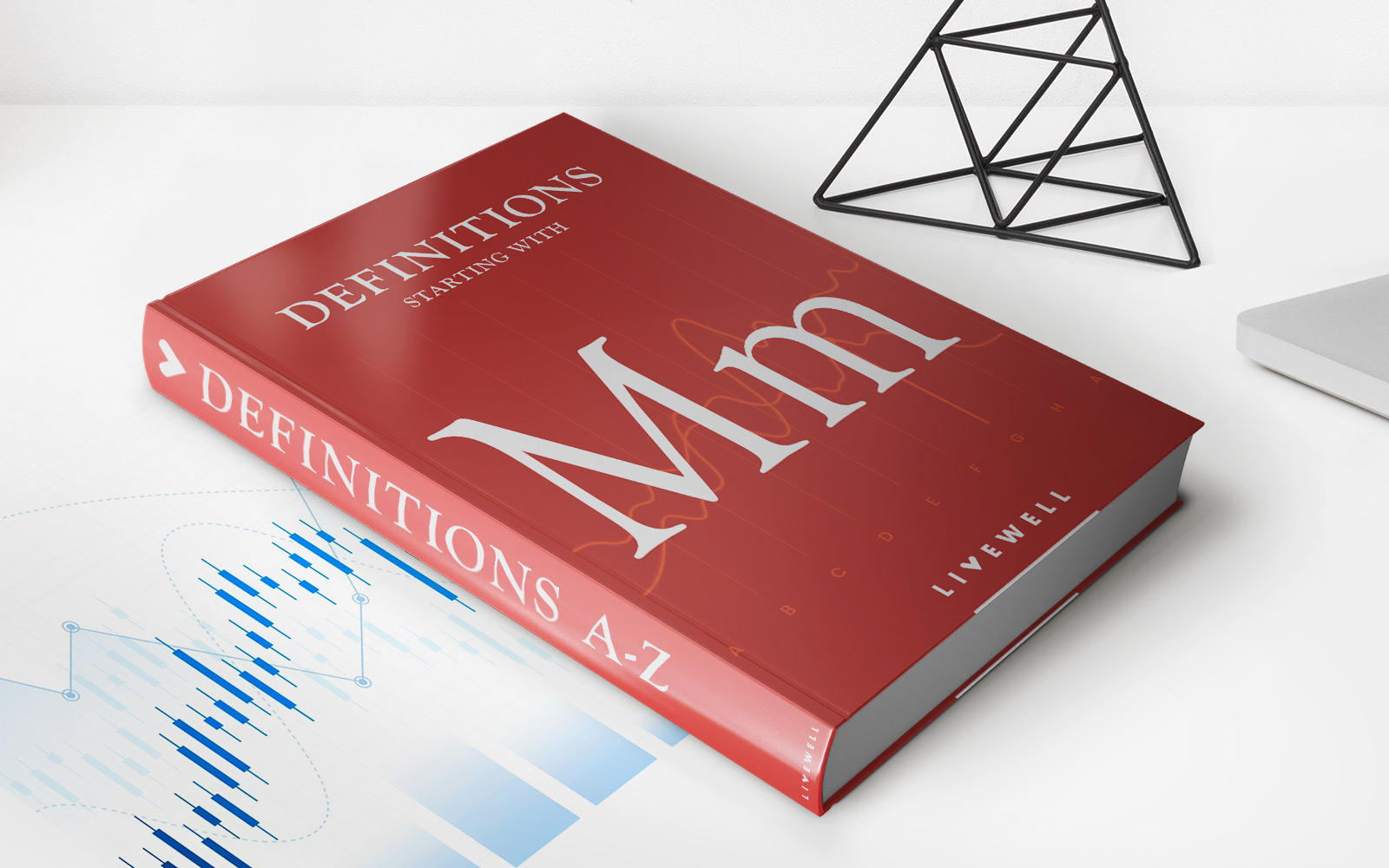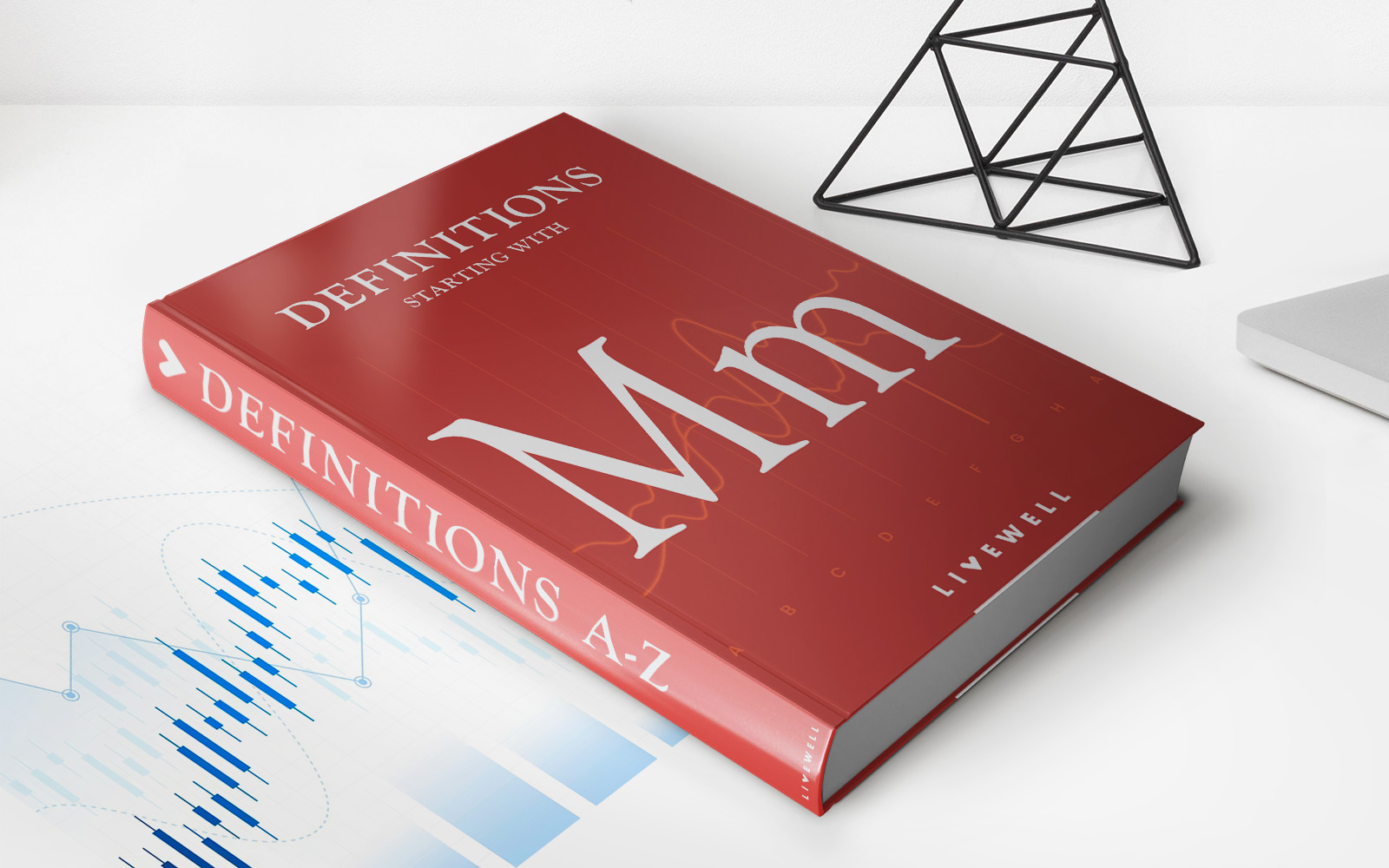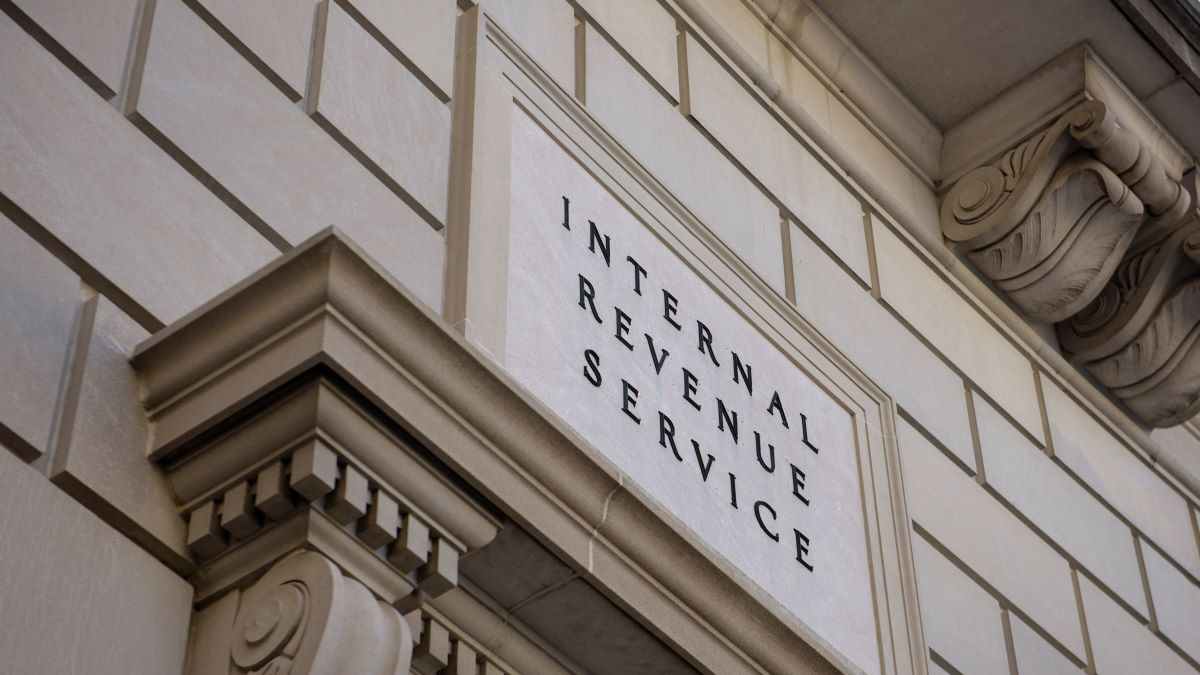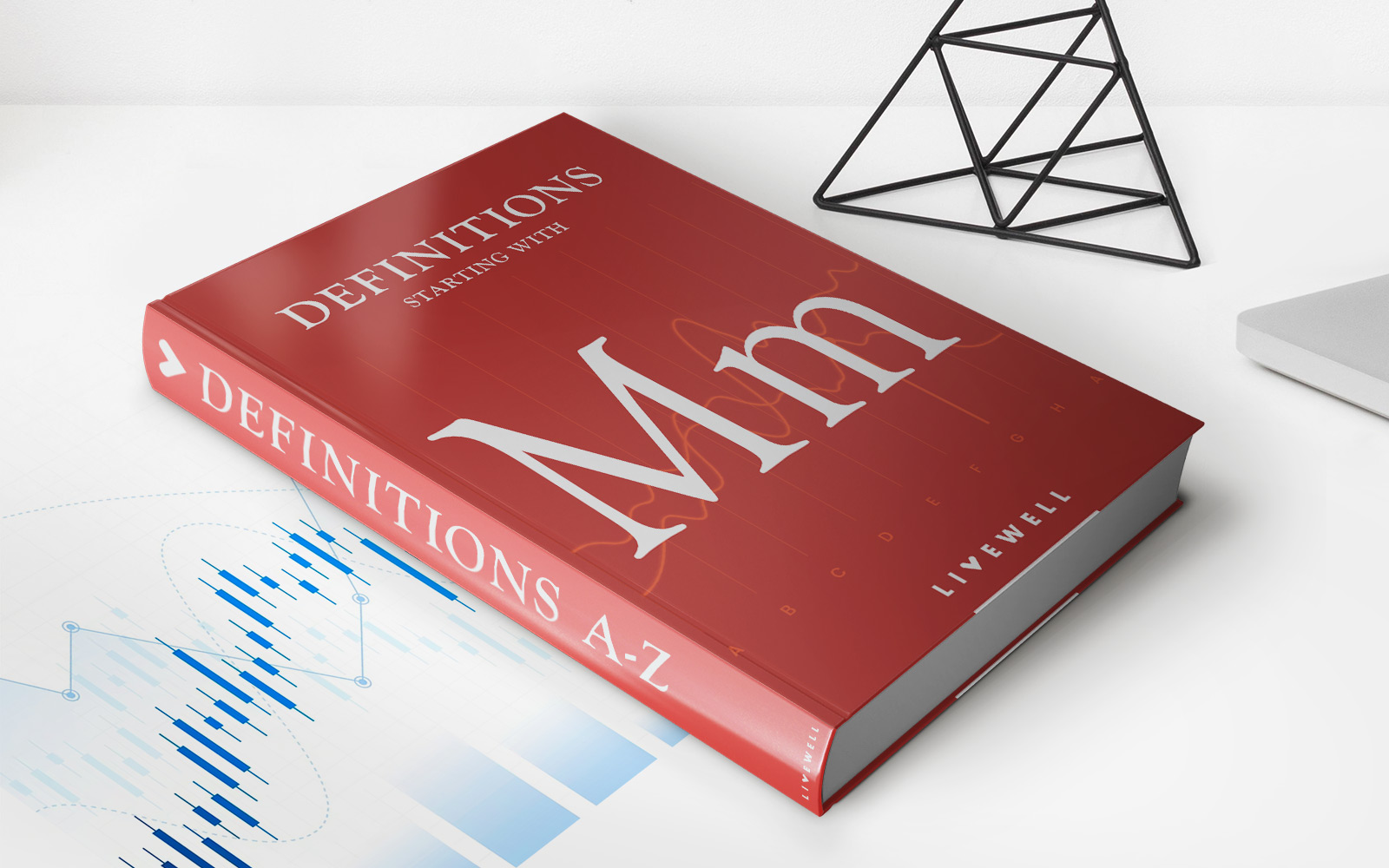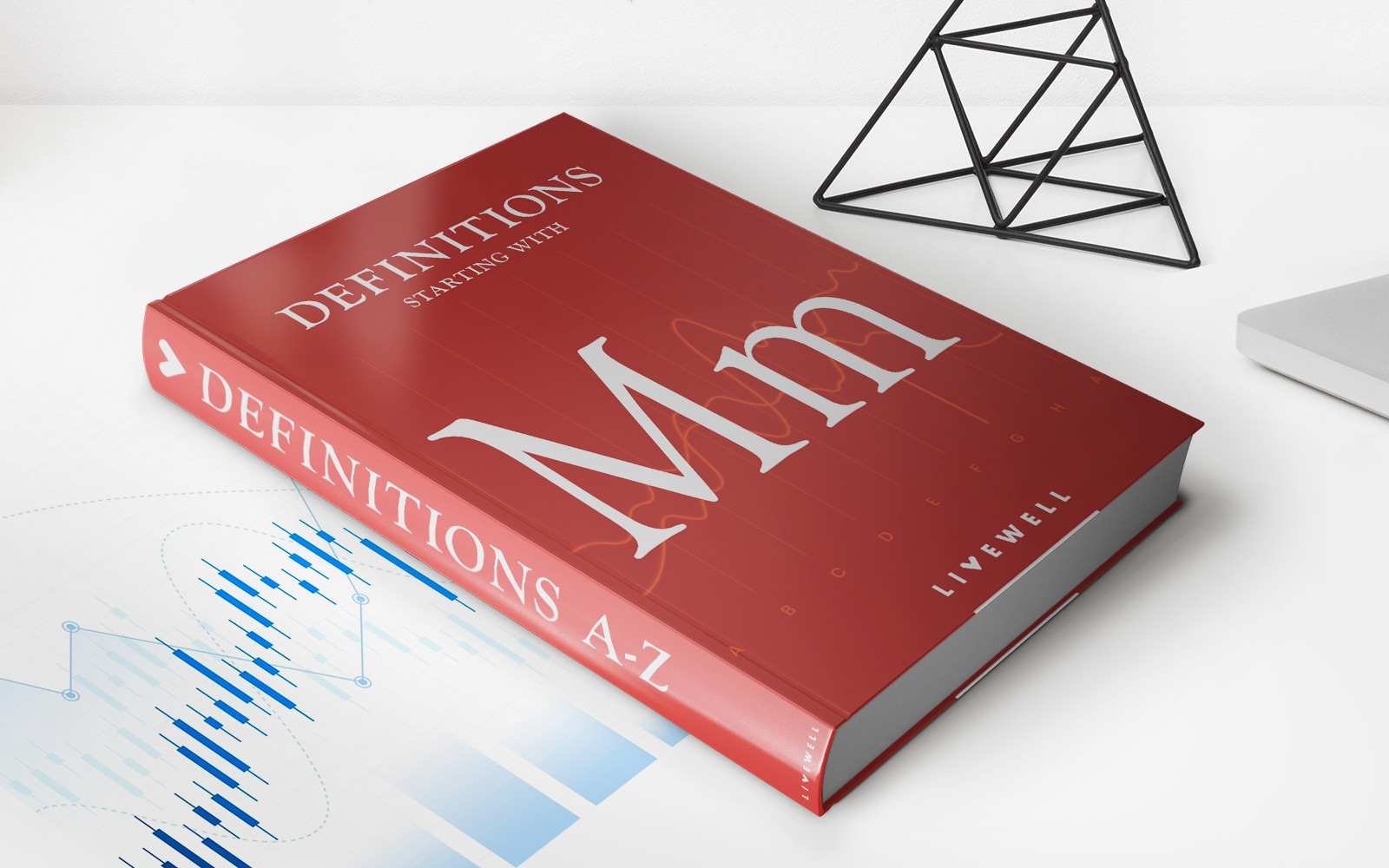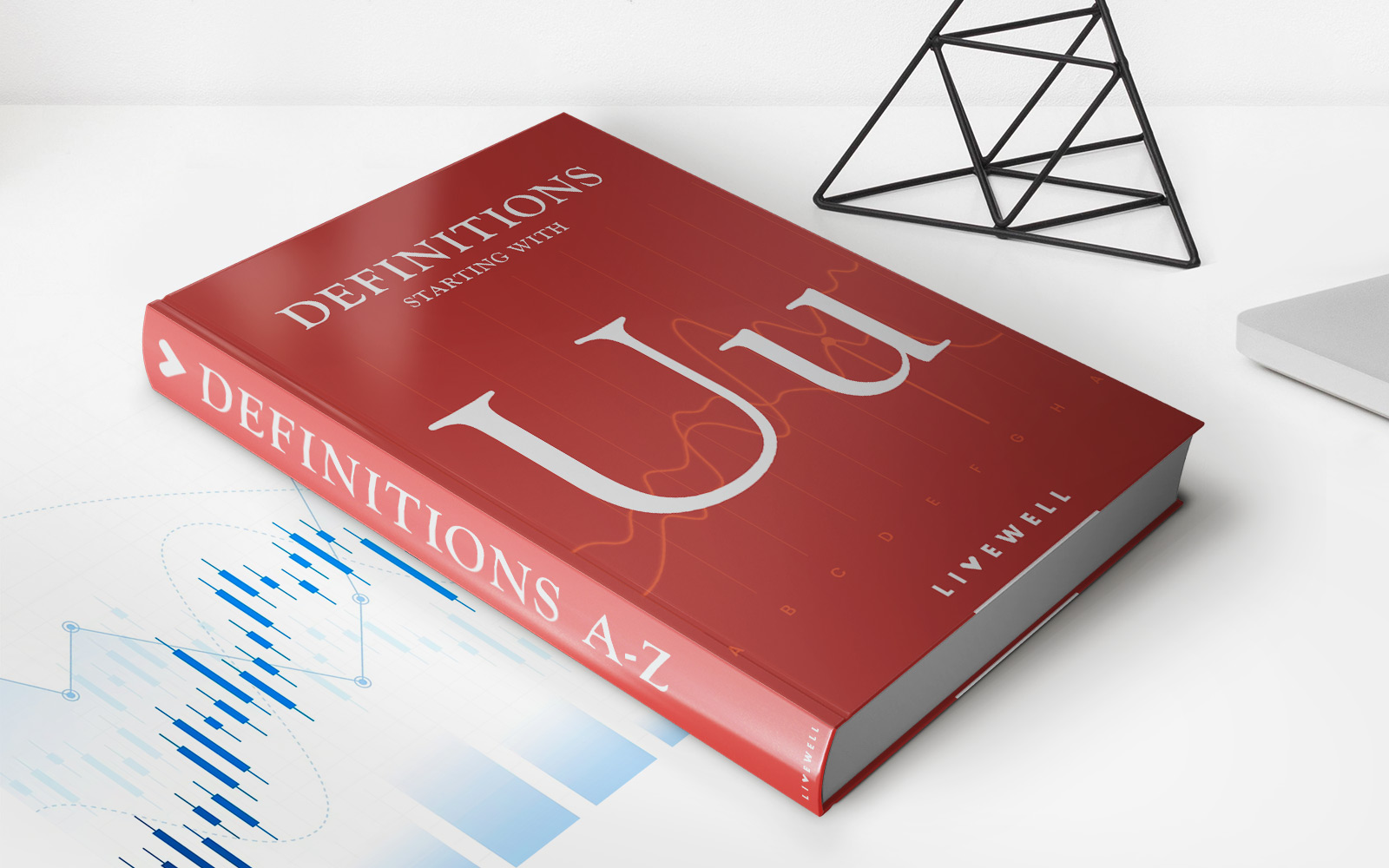Home>Finance>ISDA Master Agreement: Definition, What It Does, And Requirements
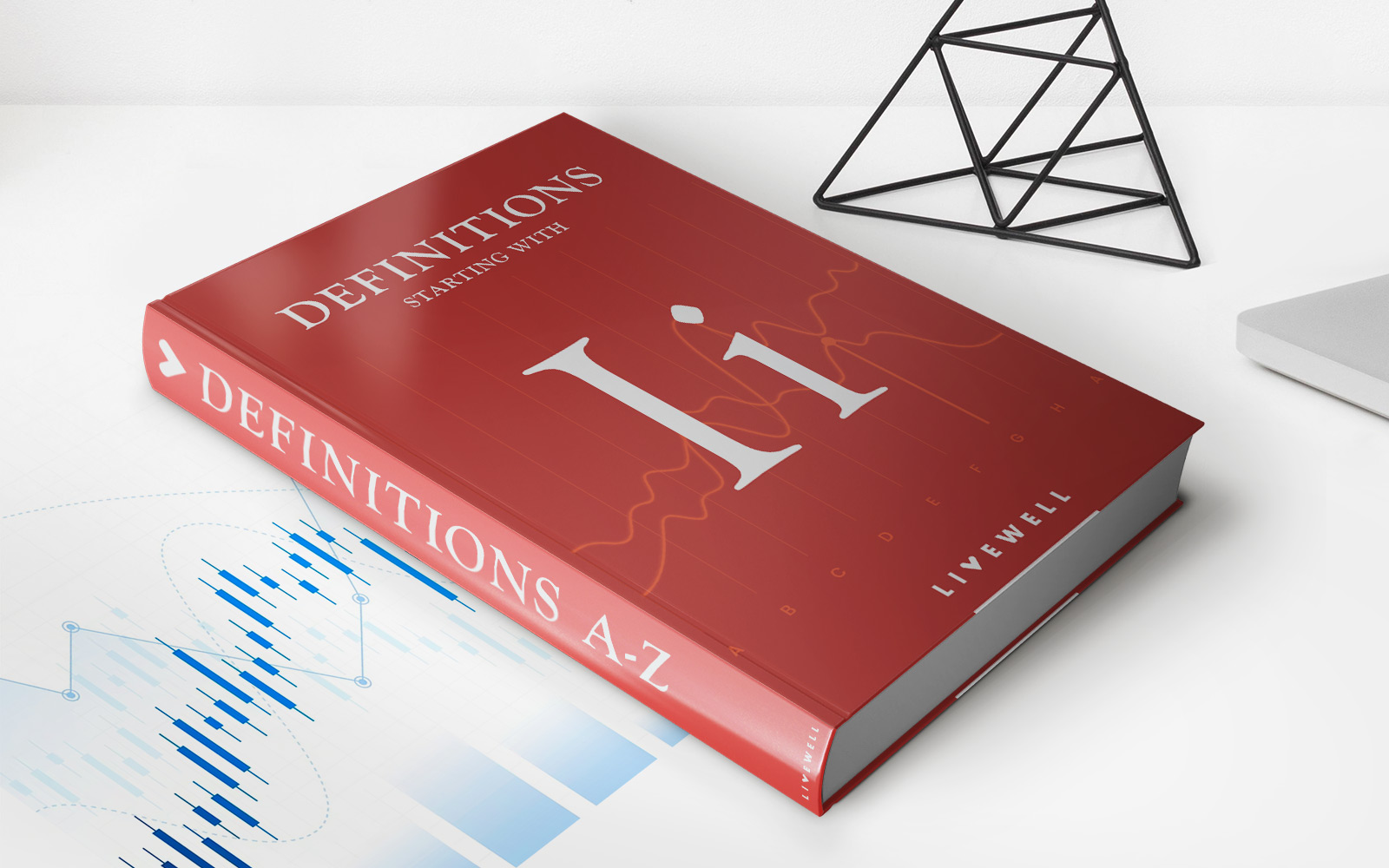

Finance
ISDA Master Agreement: Definition, What It Does, And Requirements
Published: December 14, 2023
Learn the definition, purpose, and requirements of the ISDA Master Agreement in the world of finance. Understand its role and benefits for financial institutions and investors.
(Many of the links in this article redirect to a specific reviewed product. Your purchase of these products through affiliate links helps to generate commission for LiveWell, at no extra cost. Learn more)
Introducing the ISDA Master Agreement: A Guide to Understanding its Definition, Purpose, and Requirements
When delving into the world of finance, there are numerous concepts and agreements that can confuse even the most seasoned professionals. One such agreement that holds significant importance in the financial industry is the ISDA Master Agreement. So, what exactly is an ISDA Master Agreement, what does it do, and what are its requirements? In this blog post, we will unravel these questions and provide you with a comprehensive understanding of this vital financial document.
Key Takeaways:
- The ISDA Master Agreement is a standardized legal contract used in the over-the-counter (OTC) derivatives market.
- It sets out the terms and conditions governing OTC derivatives transactions between two parties, providing clarity and reducing legal uncertainty.
What is an ISDA Master Agreement?
The International Swaps and Derivatives Association (ISDA) Master Agreement is a widely recognized and utilized contract in the financial industry. Its purpose is to establish a framework for documenting the terms and conditions of OTC derivatives transactions between two parties. This agreement serves as a foundation for future derivatives transactions, providing a standardized framework that reduces the need for negotiating individual contracts for each trade.
The ISDA Master Agreement outlines essential provisions such as payment obligations, events of default, and termination events. It covers various types of derivatives, including interest rate swaps, credit default swaps, and foreign exchange contracts, among others. By utilizing a single agreement for multiple transactions, the ISDA Master Agreement allows parties to conduct business more efficiently and reduce legal uncertainties.
What Does an ISDA Master Agreement Do?
The primary purpose of an ISDA Master Agreement is to establish a legal framework that governs the relationship between the parties involved in OTC derivatives transactions. It sets out the following key aspects:
- Terms and Conditions: The agreement outlines the terms and conditions that both parties must adhere to throughout their derivatives transactions. This includes the calculation and payment of obligations, events that trigger default, and the methodology for resolving disputes.
- Netting Arrangements: The ISDA Master Agreement allows for the netting of obligations under multiple transactions, ensuring that parties only make or receive payments based on the net amount owed, rather than individual transaction amounts. This reduces credit risk and simplifies settlement processes.
- Close-Out and Termination: In the event of a default or termination event, the ISDA Master Agreement provides a mechanism for closing out the transactions. It outlines the procedures for calculating termination payments and resolving any outstanding obligations between the parties.
Requirements for an ISDA Master Agreement
While the ISDA Master Agreement provides a standardized framework for OTC derivatives transactions, certain requirements must be met for its implementation. These include:
- Legal Counsel: Both parties should seek legal counsel to ensure a thorough understanding of the terms and conditions outlined in the agreement. Legal advisors play a crucial role in assisting parties in negotiating and customizing the agreement based on their specific needs.
- Signing and Documentation: The ISDA Master Agreement requires signatures from both parties to be legally binding. Additionally, it is common for parties to include additional documents, such as schedules and confirmations, which specify further details related to the types of derivatives being traded.
- Compliance and Regulatory Requirements: Parties must ensure compliance with relevant regulatory and legal requirements when executing transactions under an ISDA Master Agreement. This includes adhering to applicable laws, regulations, and reporting obligations imposed by regulatory authorities.
By meeting these requirements, parties can establish a secure and legally enforceable relationship when executing derivatives transactions under the ISDA Master Agreement.
In Conclusion
The ISDA Master Agreement is a crucial tool in the financial industry, providing a standardized framework for documenting OTC derivatives transactions. By understanding its definition, purpose, and requirements, market participants can navigate the complex world of derivatives with greater clarity, efficiency, and legal certainty. With its flexibility and ability to accommodate various types of derivatives, the ISDA Master Agreement continues to serve as a vital instrument in today’s dynamic financial landscape.



